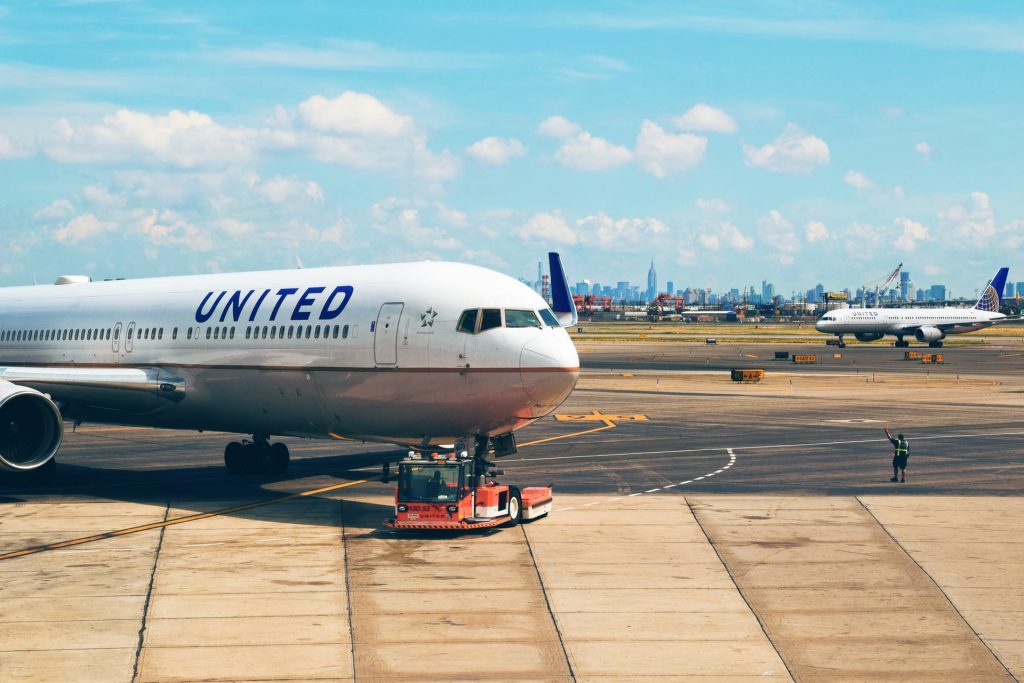
The WHO has urged that as air travel is restored, vaccinations should not be a prerequisite for travellers, potentially locking out those in poorer regions, especially Africa.
In a virtual press briefing on Thursday, Dr Matshidiso Moeti, World Health Organization Regional Director for Africa said that the WHO believes that schemes to remove quarantine and entry restrictions for travellers that have been vaccinated, are discriminatory and could deepen already existing inequalities even further.
Meanwhile, she warned that Africa’s third wave, already underway in 12 countries, with cases rising in another 14, threatens to be the worst yet with 5.3 million cases across the continent. It is projected that in three weeks the third wave will surpass the previous wave’s peak.
Public fatigue and new variants are driving this surge across Africa, with Delta the variant detected in 14 countries. She stated that Africa can “blunt this third wave” but “the window of opportunity is closing”.
The WHO aims to strengthen variant surveillance in Africa by reinforcing the regional laboratory hub have a 8 to 10 fold increase in next 6 months for genome sequencing
Though vaccination rates remain low in Africa, there is nevertheless a great demand for vaccines, with 18 countries having used over 80% of the vaccines received through COVAX. Fortunately only mild side effects from the vaccines have been seen in African communities, she said.
Mr Kamil Alawadi, Regional Vice President for Africa and Middle East, International Air Transport Association (IATA) said that inconsistent requirements added additional complications in travel, increasing cost for the passenger and the airline. For travellers, PCR testing can range from $100 up to $400 for a single, one direction trip.
The key requirement for the recovery of the airline industry is the lifting of restrictions, said Alwadi, citing a survey that showed that 84% of passengers will not fly if there were quarantines in place. However, demand still existed for air travel, as evidenced by travel bookings spiking as soon as governments relaxed their border restrictions.
Alawadi said that the IATA agreed with the WHO that only lifting quarantine requirements for vaccine individuals was inequitable, and that “a robust and flexible testing system” was needed in place of quarantine, using systematic testing at the point of departure such as rapid antigen tests which are cheaper, faster and more accessible.

The situation was urgent for the African aviation industry as it had lost USD7.8 billion in 2020, with eight airlines filing for bankruptcy, he noted. This was against a background of USD430 billion global loss for the industry, though he noted that some countries are seeing a rebound to 2019 numbers for domestic travel. However, it is projected that losses will only stop by 2023 and return to profit by 2024.
The IATA has developed protocols in concert with the International Civil Aviation Organization (ICAO) and WHO that will be non-discriminatory not require vaccinations, said Alwadi. However the aviation industry is sinking very rapidly without governmental support.

